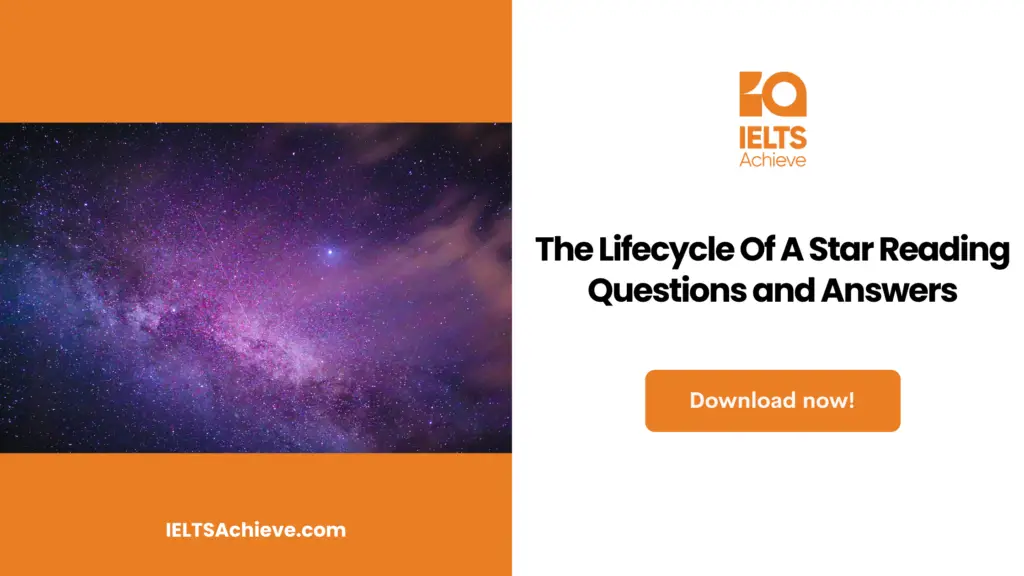The Blog post contains the following IELTS Reading Questions:
- IELTS Reading Sentence Completion
- IELTS Reading Yes/NO/Not Given
Stay informed and prepared for success – Explore our comprehensive Reading Test Info page to get valuable insights, exam format details, and expert tips for mastering the IELTS Reading section.
IELTS reading passage -Myths about public speaking

Myths about public speaking
Our fears of public speaking result not only from what we do not know or understand about public communication but also from misconceptions and myths about public encounters. These misconceptions and myths persist among professional people as well as the general public. Let us examine these persistent myths about public communication, which, like our ignorance and misunderstandings of the fundamental assumptions and requirements of public speaking, exacerbate our fears and prevent our development as competent public persons.
A) Perhaps the most dogged and persistent myth about public communication is that it is a “special” activity reserved for unusual occasions. After all, how often do you make a public speech? There are only a few special occasions during the year when even an outgoing professional person will step behind a podium to give a public speech, and many professional people can count on one hand the number of public speeches given in a career Surely, then, public communication is a rare activity reserved for especially important occasions.
This argument, of course, ignores the true nature of public communication and the nature of the occasions in which it occurs. When we engage with people we do not know well to solve problems, share understanding and perspectives, advocate points of view, or seek stimulation, we are engaged in public speaking. Public communication is a familiar, daily activity that occurs in the streets, in restaurants, in boardrooms, courtrooms, parks, offices, factories, and meetings.
Is public speaking an unusual activity reserved for special occasions and restricted to the lectern or the platform? Hardly. Rather it is and should be developed as, an everyday activity occurring in any location where people come together
B) A related misconception about public communication is the belief that the public speaker is a specially gifted individual with innate abilities and God-given propensities. While most professional people would reject the idea that public speakers are born, not made, they nevertheless often feel that the effective public communicator has developed unusual personal talents to a remarkable degree. At the heart of this misconception like the myth of public speaking as a “special” activity—is an overly narrow view of what a public person is and does.
Development as an effective public communicator begins with the understanding that you need not be a nationally-known, speak-for-pay, professional platform speaker to be a competent public person. A public speaker is an ordinary person who confronts the necessity of being a public person and uses common abilities to meet the fundamental assumptions and requirements of daily public encounters.
C) A less widespread but serious misconception of public speaking is reflected in the belief that public speeches are “made for the ages”. A public speech is something viewed as a historical event that will be part of a continuing and generally available public record. Some public speeches are faithfully recorded, transcribed, reproduced, and made part of broadly available historical records. Those instances are rare compared to the thousands of unrecorded public speeches made every day.
Public communication is usually situation-specific and ephemeral. Most audiences do well if they remember as much as 40 percent of what a speaker says immediately after the speaker concludes; even less is retained as time goes by. This fact is both reassuring and challenging to the public communicator. On the one hand, it suggests that there is room for human error in making public pronouncements; on the other hand, it challenges the public speaker to be as informed as possible and to strive to defeat the poor listening habits of most public audiences.
D) Finally, professional people perhaps more than other groups often subscribe to the misconception that public communication must be an exact science and that if it is done properly it will succeed. The troublesome corollary to this reasoning is that if public communication fails, it is because it was improperly prepared or executed. This argument blithely ignores the vagaries of human interaction. Public speakers achieve their goals through their listeners, and the only truly predictable aspect of human listeners is their unpredictability. Further, public messages may succeed despite inadequate preparation and dreadful delivery.
Professional people often mismanage their fears of public communication. Once we understand what public encounters assume and demand, once we unburden ourselves of the myths that handicap our growth as public persons, we can properly begin to develop as competent public communicators.
Unlock your full potential in the IELTS Reading section – Visit our IELTS Reading Practice Question Answer page now!
Recommended Questions:
Renewable Energy IELTS Reading Question with Answer
Questions
Questions 1-5
The reading passage “Myths About Public Speaking” has four sections A-D. In boxes 1-5 on your answer sheet write the appropriate letter A, B, C, or D to show in which section you can find a discussion of the following points.
You may use any letter more than once.
1. A person’s ability to be a public speaker.
2. Whether public speeches are remembered for a long time.
3. A definition of public speaking.
4. The relationship of preparation to success in public speaking.
5. Retention rates as a challenge to public speakers.
Questions 6-11
In boxes 6-11 on your answer sheet write,
YES if the statement agrees with the writer
NO if the statement does not agree with the writer
NOT GIVEN if there is no information about this in the passage
6. Very few people can become good public speakers.
7. Public communication is an ordinary daily activity.
8. Public speaking can be learned at specially designated schools
9. Most good public speakers lead happy and productive lives.
10. It is impossible to predict how a speech will be received
11. There is little place for public speaking in the life of the ordinary person.
Want to excel in identifying the writer’s views and claims? Click here to explore our in-depth guide on how to accurately determine Yes, No, or Not Given in the IELTS Reading section.
Questions 12-14
USE information from the reading passage in the following sentences.
Use NO MORE THAN THREE WORDS OR A NUMBER.
Write your answers in boxes 12-14 on your sheet
The writer defines public speaking as any activity where people jointly explore problems, knowledge, attitudes, and opinions, or look for 12._______________.
At the end of most public speeches, most audiences immediately forget about 13.__________ of what they have just heard.
Because most public speeches are short-lived, the speaker should work to counteract the 14.___________________of the listeners.
Enhance your sentence completion skills in the IELTS Reading section. Click here to access our comprehensive guide and learn effective strategies for filling in missing words or phrases in sentences.
Unlock your full potential in the IELTS Reading section – Visit our IELTS Reading Practice Question Answer page now!
Recommended Questions:
Renewable Energy IELTS Reading Question with Answer
Answers for Myths about public speaking
1. Answer: B
2. Answer: C
3. Answer: A
4. Answer: D
5. Answer: C
6. Answer: No
7. Answer: Yes
8. Answer: Not given
9. Answer: Not given
10. Answer: Yes
11. Answer: No
12. Answer: Stimulation
13. Answer: 60%
14. Answer: poor listening habits

We hope you found this post useful in helping you to study for the IELTS Test. If you have any questions please let us know in the comments below or on the Facebook page.
The best way to keep up to date with posts like this is to like us on Facebook, then follow us on Instagram and Pinterest. If you need help preparing for the IELTS Test, join the IELTS Achieve Academy and see how we can assist you to achieve your desired band score. We offer an essay correction service, mock exams and online courses.

